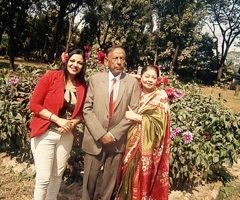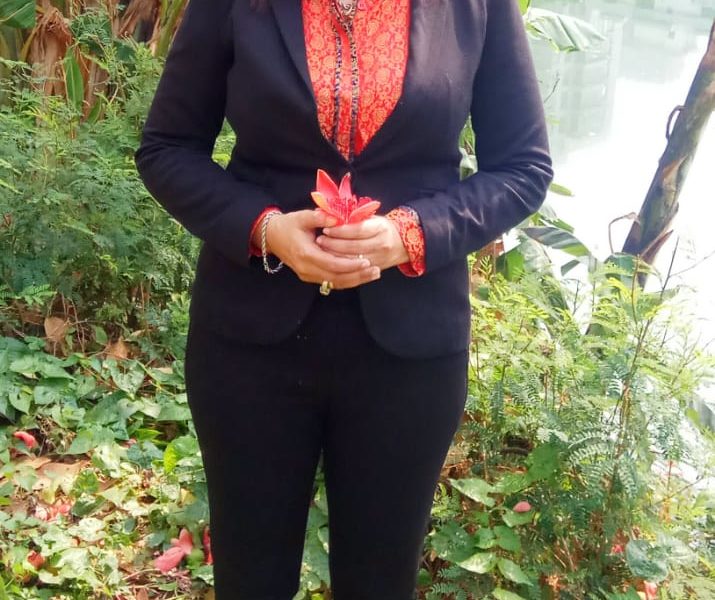A Saudi teenager held for more than four years without charge faces possible execution for acts he is accused of having committed when he was as young as 10, according to human rights groups tracking his case.
A death sentence for the teenager, Murtaja Qureiris, now 18, would be what the groups called one of the most egregious violations of legal protections for children in the world.
“There are few more serious breaches of international law than the execution of a child,” said Maya Foa, director of Reprieve, one of the rights groups. She said that in seeking the death penalty for Murtaja, “the Saudi regime is advertising its impunity to the world.”
The defendant was arrested at age 13 and has been in jail since. The charges against him, some from three years before the arrest, are related to his participation in anti-government protests and include possessing a firearm and joining a terrorist organisation.
The European Saudi Organization for Human Rights, which has been monitoring the case for years, said this past week that it had confirmed for the first time that the Saudi public prosecutor charged Murtaja in August 2018 in connection with participation in the protests and recommended that he be executed.
The Saudi human rights group also said Murtaja had been held for years without charge, first in solitary confinement and without access to a lawyer, before he was coerced into a confession. Amnesty International confirmed that Murtaja was first brought to trial in August 2018.
Executions — often by beheading — are common in Saudi Arabia, and rights groups say they typically come after years of imprisonment, torture and a sham trial. But it would be extraordinary even for Saudi Arabia to behead a defendant accused of acts committed while still a child.
Responding to questions in 2017 from the United Nations High Commissioner for Human Rights about executions, the Saudi government said the death penalty “can only be imposed for the most serious offenses and subject to the strictest controls” after due process. But rights groups say the death penalty is sought for minor offenses and punishment of minority groups and activists who defy the government.





















